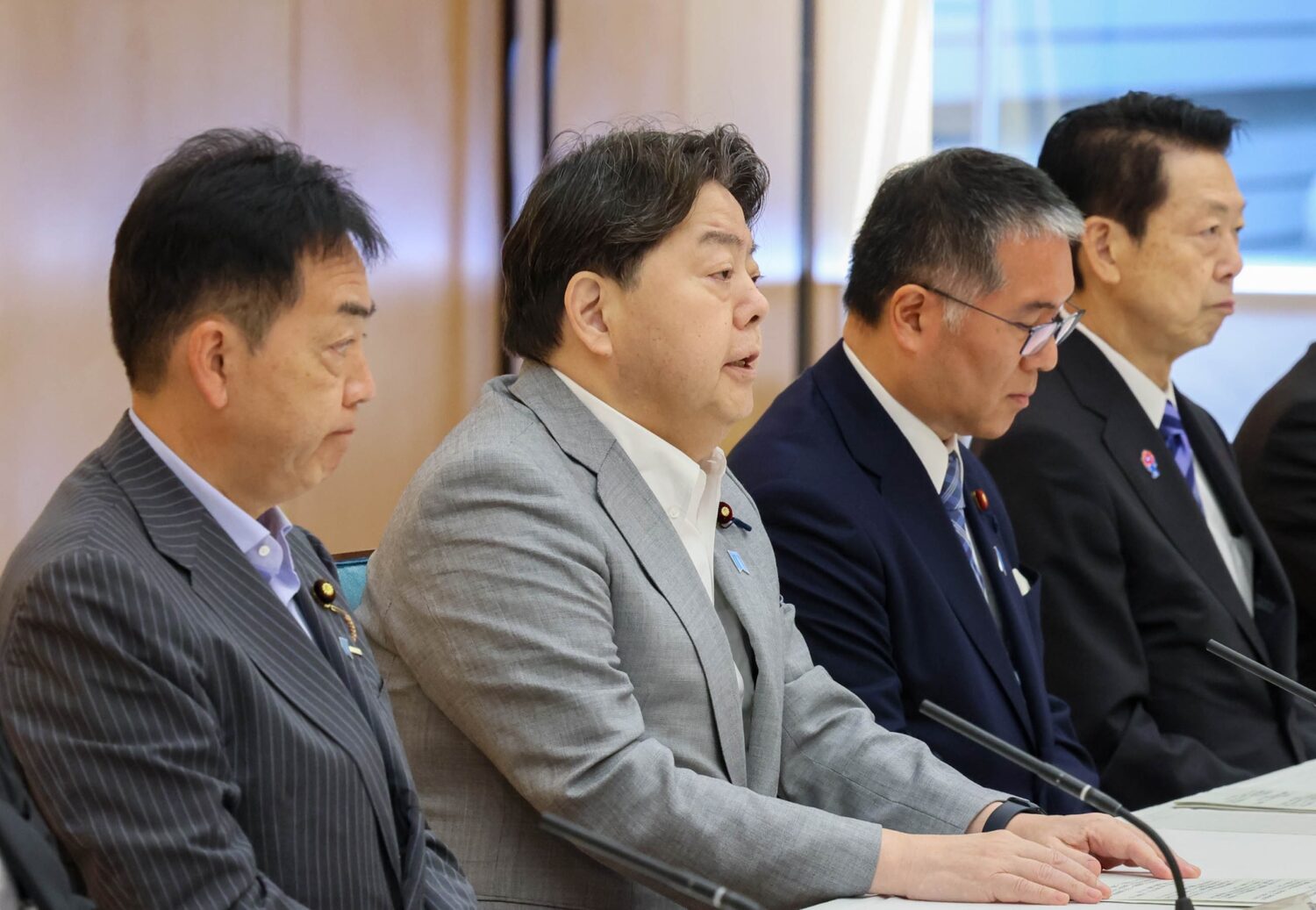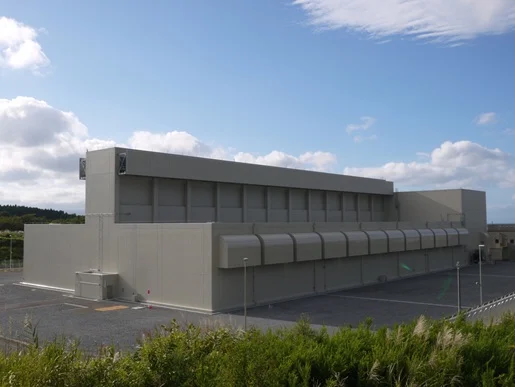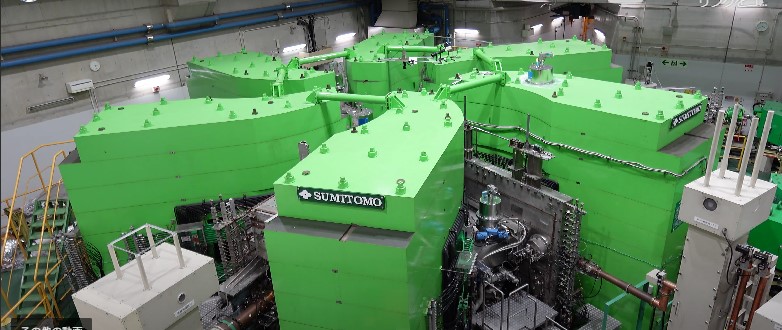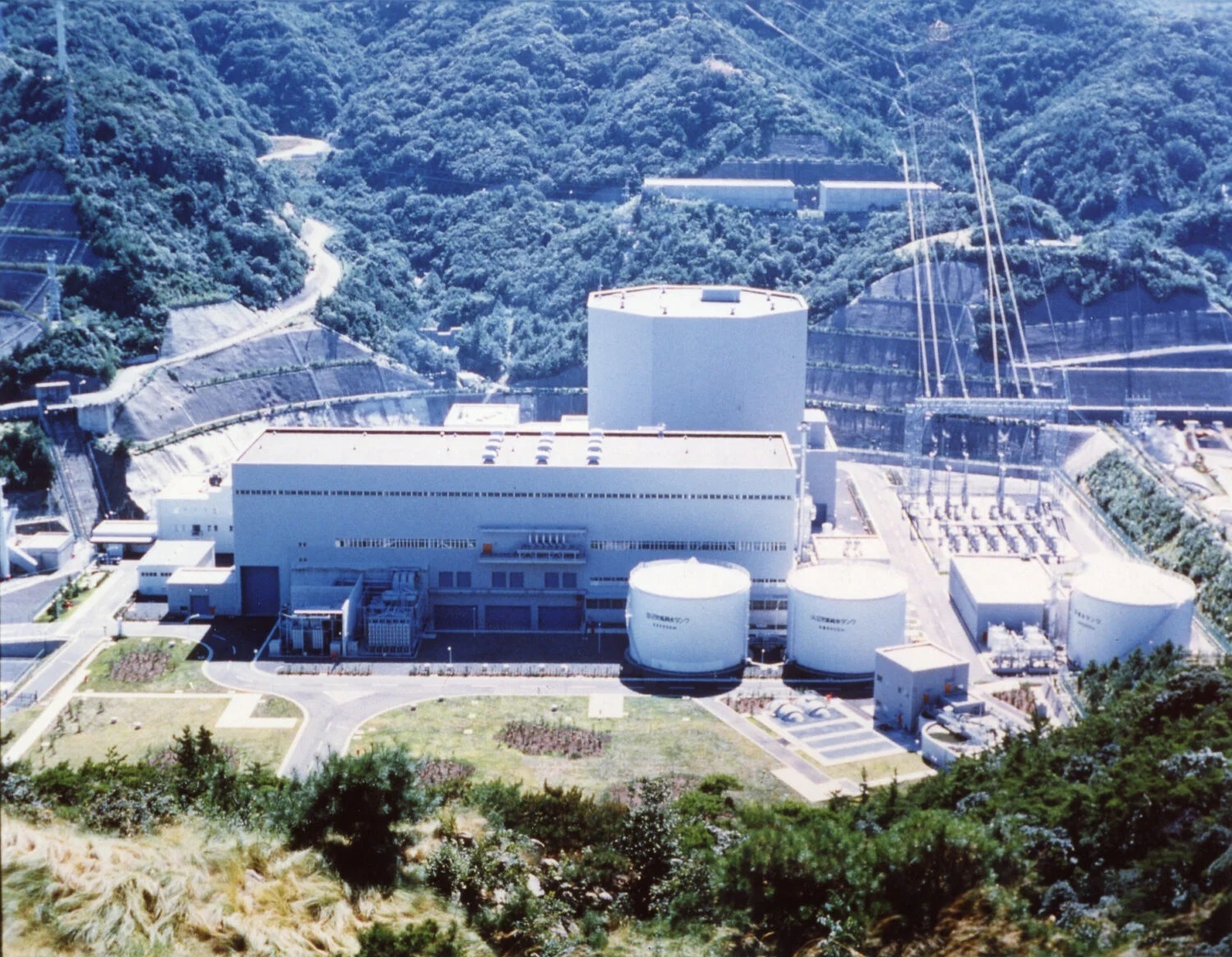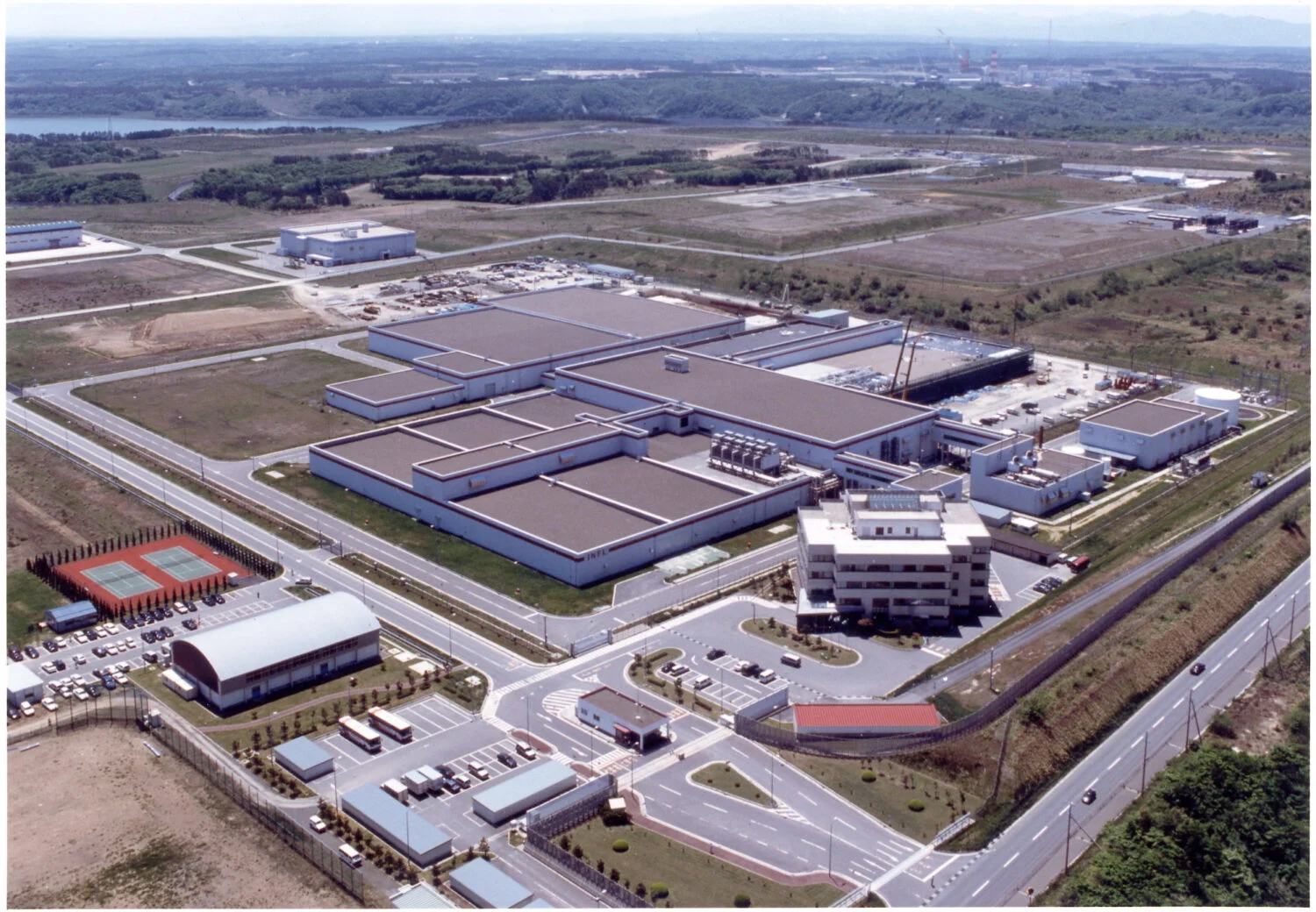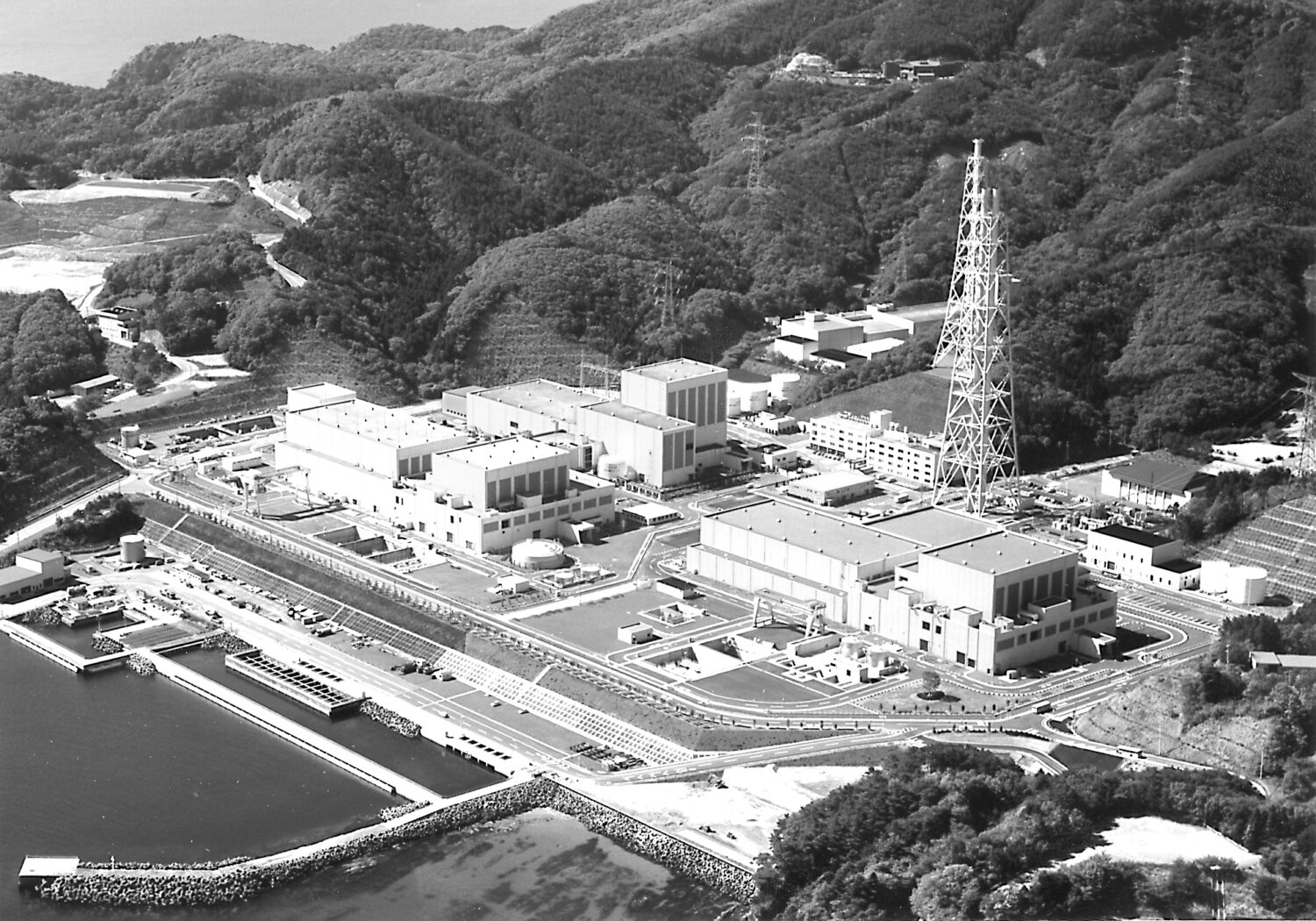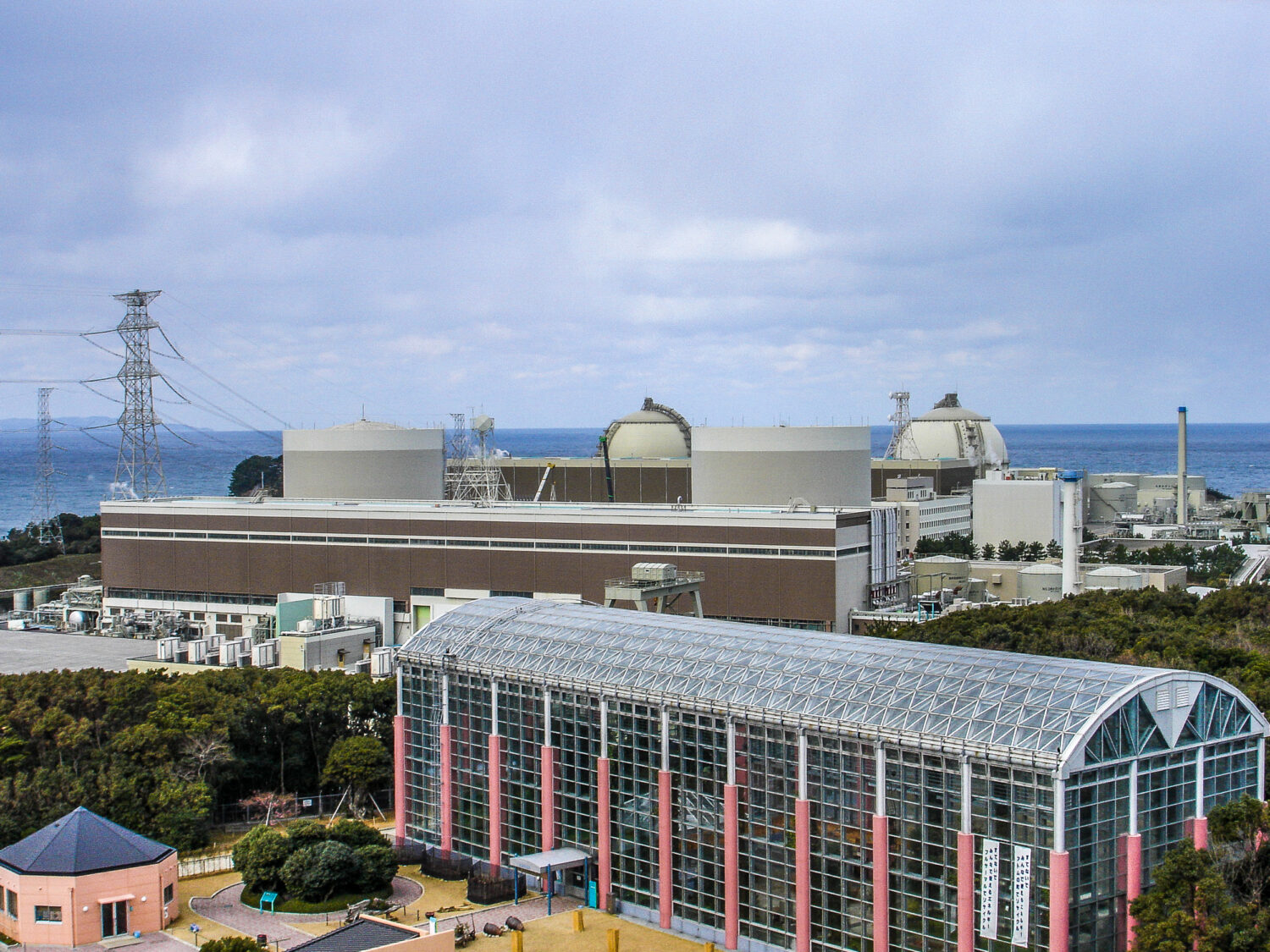As of October 29, some 88% of spent fuel assemblies had been removed from the Unit 4 spent fuel pool. (The work, launched last November, was to be fully completed by November 4 with the final transfer to a common spent fuel pool in a separate building.) The removal and transfer of new fuel assemblies to the common pool should be completed by the end of December.
As for the Advanced Liquid Processing System (ALPS) — the name of the multi-nuclide removal equipment — hot tests are being carried out using water containing radioactive materials with original, additional, and new high-performance systems. The hot tests on the new high-performance system began on October 18, with approximately 1,000 cubic meters having been processed in the first ten days.
According to the medium-range to long-term roadmap towards decommissioning, several plans have been developed for each unit at Fukushima Daiichi to remove the spent fuel assemblies from the spent fuel pools promptly, and to retrieve fuel debris, so as to reduce risk. Each plan has been developed with different time targets and determinative factors.
For Unit 1, a method was selected that involves building a specialized frame to remove spent fuel assemblies from the spent fuel pool. According to a plan presented by the Tokyo Electric Power Co. (TEPCO), building the frame will allow the assemblies be removed earlier than the other measures, reducing risk related to the debris left in the pool.
The removal of spent fuel, however, will be pushed back from the original target of FY17 to FY19, and the retrieval of fuel debris from FY20 to FY25.
Meanwhile, given improvements in the working environment and reductions in the risk of internal exposure (other than for specific types of work), the working area for women workers was expanded on November 4 to encompass the entire NPS premises.
NDF Special Advisors Visit Fukushima Daiichi NPS
On October 29, four international special advisors to the Nuclear Damage Compensation and Decommissioning Facilitation Corporation (NDF) visited the site of the Fukushima Daiichi NPS. They have been giving specialized, technical advice about the plant’s decommissioning.
The four advisors were Christophe Behar, director of nuclear energy at the Atomic Energy and Alternative Energies Commission (CEA) of France, Paul Dickman, senior policy fellow at the Argonne National Laboratory of the U.S. Department of Energy (DOE), Dr. Mike Weightman, former executive head of the British Office for Nuclear Regulation (ONR), and Dr. Rosa Yang, vice president of innovation at the Electric Power Research Institute (EPRI) in Palo Alto, California.
After the visit, the four met the press, as a group, at NDF’s main offices in Tokyo. In general, they had high praise for the technological abilities and management at the site, but also noted the need to clarify common targets in risk reduction toward the retrieval of fuel debris, as well as in communications with the regulatory authority.




